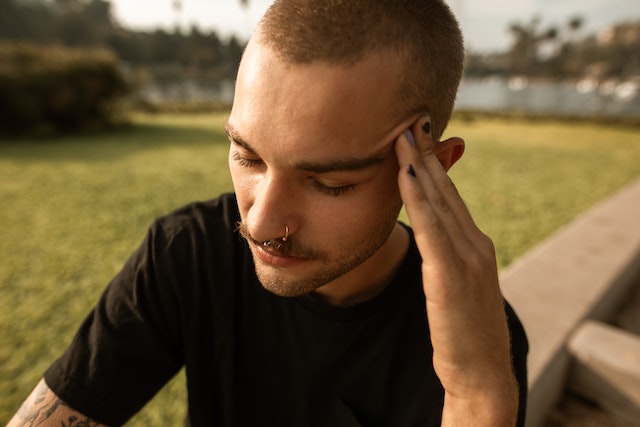Jackie Scruton recently came across an article in The Guardian which she found most stimulating.
She writes “What I found interesting was the challenge it gave me in thinking more widely about mental ill health. I had an understanding of the bigger picture but this helped me to deepen my thinking. I have attempted to summarise it below.”
Society’s understanding of mental health issues seems to place the issue with the person rather than looking at the bigger picture. This is a view of Dr Ashan a clinical psychologist writing recently in the Guardian.
The pandemic has created even more pressure on the already over stretched mental health services, is there another way to examine how we support people who experience mental ill health?
Dr Ashan indicates that she has seen first-hand how she believes we locate individuals’ problems within themselves and in doing so we offer them sessions of CBT. But how useful is this approach in changing thinking when the real issue may be difficulty in keeping their home warm and putting food on the table. Neither does she think that prescribing antidepressants is the answer. For me she captures this perfectly:
‘If a plant was wilting, we wouldn’t diagnose it with “wilting-plant-syndrome” – we would change its conditions. Yet when humans are suffering under unliveable conditions, we’re told something is wrong with us, and expected to keep pushing through. To keep working and producing, without acknowledging our hurt.’
Whilst she readily acknowledges that the medical approach, use of medication and talking therapies have their place, we could learn a lot from the Liberation Approach, which was developed in the 19080s by Salvadorian psychologist Ignacio Martín Baró. He suggests that we cannot isolate mental health issues from the wider societal structures. Baro states that ‘Suffering emerges within people’s experiences and histories of oppression’. He goes on to say that he sees people not as patients but rather as social actors, who are affected by the social and political environment
Dr Ashan goes on to suggest that rather than trying to alter peoples’ ‘mindsets’ in therapy, it would be very helpful to help people with any financial difficulties or housing issues they may have. When she has followed this approach, it has resulted in some of her most powerful work. Indeed, the network Psychologists for Social Change provides practical imagining of this type of approach.
How does this impact our day-to-day interactions with others, be it work colleagues or family and friends? If someone is talking to you, maybe we should not only be listening but also gently asking whether there is any practical help we can give to change their circumstances in even a very small way.









